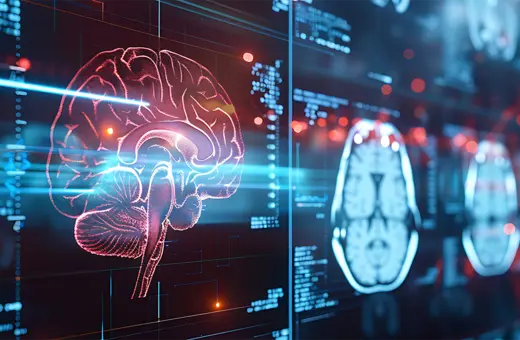Apparent mysteries
In Part 1 the concept of consciousness was elucidated. It is a widely ramified concept with multiple centres of variation. But there is nothing mysterious or arcane about it. Nevertheless it is widely held by neuroscientists, psychologists, and philosophers that, as Francis Crick (a neuroscientist and Nobel laureate) wrote, consciousness ‘is the most mysterious aspect’ of the mind/brain problem. Eric Kandel (another Nobel laureate) asserted ‘perhaps the greatest unresolved problem…in all of biology, resides in the analysis of consciousness’. Psychologists concur: Stuart Sutherland remarked ‘consciousness is a fascinating but elusive phenomenon; it is impossible to specify what it is, what it does, or why it evolved’. John Frisby held that consciousness ‘remains a great mystery, despite considerable advances in our knowledge of perceptual mechanisms’. Philosophers, who should know better, go along with this mystery-mongering: Daniel Dennett observed that consciousness ’is the most mysterious feature of our minds’ and David Chalmers stated that ‘conscious experience is at once the most familiar thing in the world and the most mysterious.
What was found to be so mysterious? At the most general level, neuroscientists were puzzled by the neural correlates of consciousness, biological scientists in general were puzzled by what consciousness is good for, what evolutionary advantage it has, how and why it emerged in the development of species. Philosophers were puzzled about what difference consciousness makes: could there not be creatures who behave exactly as we do, but who lack consciousness (were mere ‘zombies’)? Scientists and philosophers alike were baffled by the question of how consciousness could 'emerge' from mere matter. Given what we know about the physical universe, they queried, how is consciousness possible? Is the existence of consciousness reconcilable with everything we know about the physical universe?
Scientists and philosophers alike were baffled by the question of how consciousness could ‘emerge’ from mere matter.
The seeds of the confusion were planted by seventeenth century philosophers, – Descartes and Locke and their followers – both philosophers and scientists. To give a composite representation of the picture that held them all in a vice: it was generally thought that consciousness was the defining feature of the mind. Its objects were one’s own current ‘thoughts’, ‘perceptions’, or ‘experiences’. It operated by means of introspection, inner sense or apperception. The deliverances of inner sense were certain, indubitable, and infallible. There was only a causal connection, not a constitutive (conceptual) connection between consciousness and behaviour. The subject of consciousness was the mind or the self. The self had privileged access to what it apperceives. The self’s apperception was held to be self-consciousness. In the fullness of time, materialists displaced dualists and held the subject of consciousness to be the brain, so consciousness was then held to be a property of the brain. Hence the neuroscientific quest for the neural correlates of consciousness commenced, as did the quest for the locus of the self in the brain. With this baggage of conceptual confusions, it is small wonder that consciousness thus conceived seemed a mystery.















Join the conversation